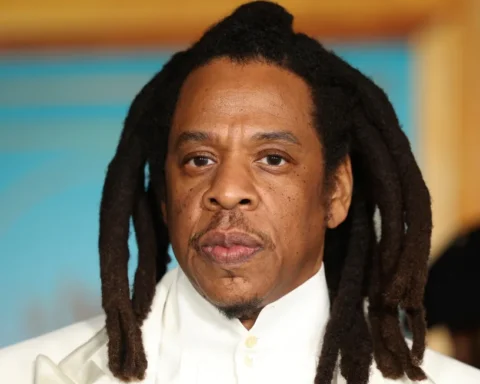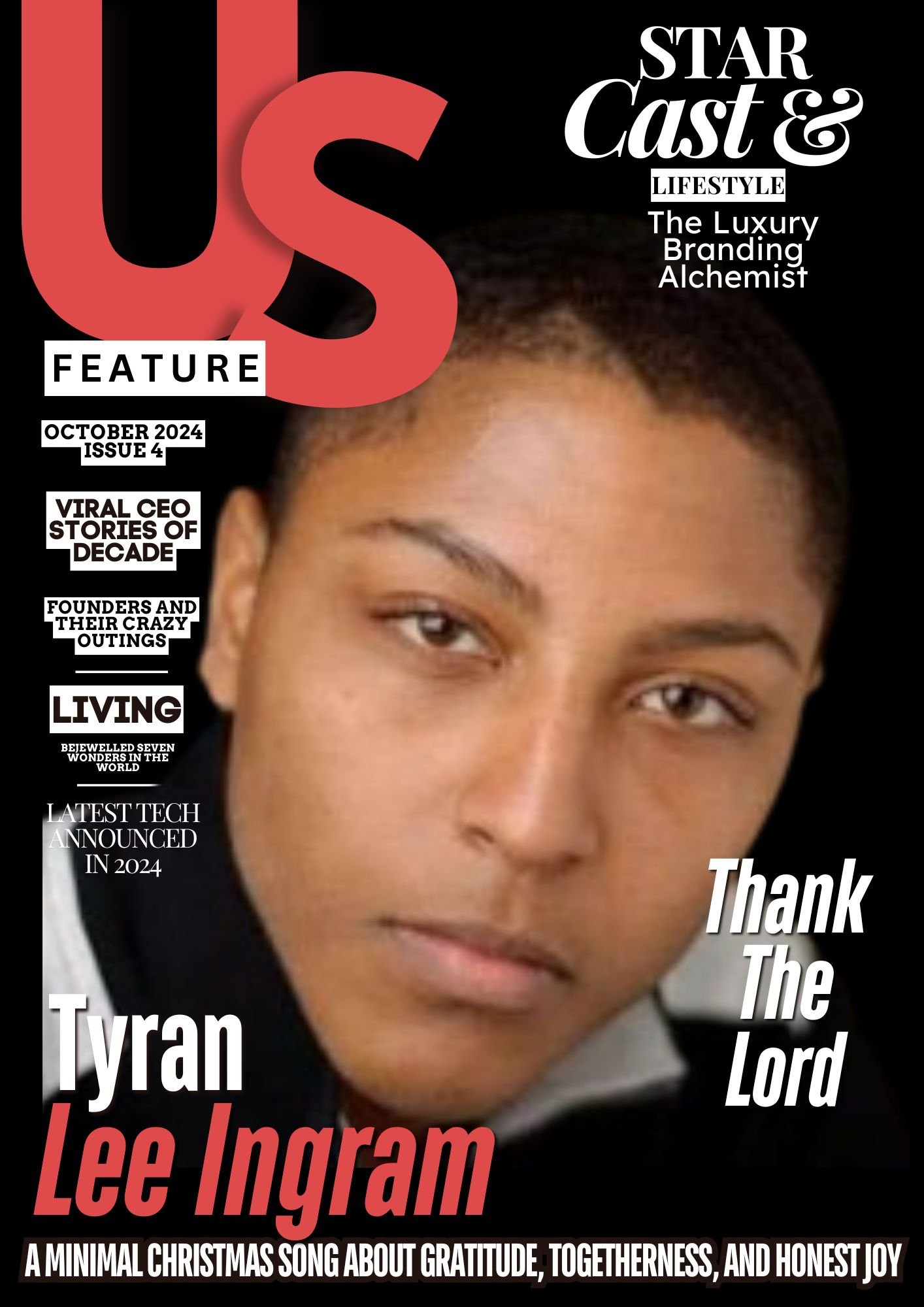
Bret Baier Prepares for a High-Stakes Interview with Kamala Harris
Fox News anchor Bret Baier faces scrutiny as he prepares for an unedited interview with Vice President Kamala Harris, navigating the expectations of a skeptical pro-Trump audience.
·

Fox anchor balances network expectations and audience skepticism in exclusive sit-down with the vice president.
As Fox News anchor Bret Baier gears up for a crucial interview with Vice President Kamala Harris, he finds himself in a challenging position: navigating the expectations of his network’s pro-Trump base while conducting a balanced, journalistic conversation with the Democratic nominee for president. This interview, which is Harris’ first formal sit-down with Fox News, is anticipated to draw considerable attention, particularly from a right-wing audience accustomed to seeing her through a partisan lens.
Baier, the face of Fox’s “Special Report,” has made his name by positioning himself as “fair, balanced, and unafraid.” However, his past emails and comments—especially those surrounding the 2020 election—suggest he has not always been able to avoid the partisan pull of his network. With Harris entering what some analysts call “enemy territory,” the stakes are high, not only for Harris but for Baier as he walks the fine line between his commitment to balanced reporting and the audience’s deep-rooted skepticism.
Walking the Fox Tightrope
Baier’s challenge is clear: Fox News operates as a megaphone for Donald Trump’s messaging, often painting Democrats, and particularly Harris, in an unfavorable light. For many Fox viewers, the network is not just a news source but an extension of Trump’s campaign. In this climate, Baier’s role as a journalist is tested, as he attempts to present nuanced coverage to an audience that often expects otherwise.
Baier’s own history reflects this tension. During the tumultuous 2020 election, when Fox News made an early, accurate projection that Arizona would go to Joe Biden, Baier found himself at odds with the network’s pro-Trump audience. His emails to Fox executives revealed his discomfort with the decision. “This situation is getting uncomfortable. Really uncomfortable,” he wrote, expressing a desire to revoke the call to appease frustrated viewers. Yet, despite his personal reservations, Baier was at the forefront of reporting the truth about Trump’s loss.
This balancing act is not new for Baier, and it will be tested again during his interview with Harris. With Fox viewers holding onto deep-seated doubts about Harris, Baier’s task will be to navigate the conversation without alienating an audience that is already predisposed to distrust her—and, by extension, him.
A History of Appeasing the Base
The aftermath of the 2020 election brought Baier’s internal conflict into focus. Despite being a respected journalist, his reporting was often colored by the network’s need to retain its loyal viewers, many of whom were adamant in their belief that the election was stolen. In emails obtained through Dominion Voting Systems’ defamation lawsuit against Fox, Baier’s discomfort with Fox’s Arizona call and the ensuing fallout was clear.
In a recorded Zoom meeting after the election, Baier hinted at the need to consider not just the data but the audience’s emotions and expectations when making projections—a remark that suggested a recognition of the tightrope he walks between facts and the feelings of Fox’s pro-Trump base. The challenge Baier faces now, as he sits down with Harris, is how to conduct a meaningful interview without feeding into the preconceived notions of his audience.
Harris in the Hot Seat
For Vice President Harris, this interview represents an opportunity to reach a different segment of the electorate. Fox News, with its large, predominantly conservative viewership, offers Harris a platform to potentially sway undecided or moderate voters ahead of the 2024 election. But the interview is also fraught with risk. Harris will face an audience that has largely been conditioned to view her with suspicion, if not outright hostility. Even Baier’s announcement of the interview was met with skepticism and conspiracy theories from Fox viewers on social media, with some doubting the interview’s fairness or questioning whether it would be edited to favor Harris.
Baier has made efforts to reassure viewers that the interview will be aired “unedited” and “without commercial breaks,” responding directly to skeptical commenters on X (formerly Twitter) who voiced concerns about potential media bias. Despite these reassurances, the mere act of sitting down with Harris has raised questions among Fox’s most fervent Trump supporters, who view any conversation with a Democrat as suspect.
A Test for Both
As Baier prepares for this high-stakes interview, he is well aware of the pressure he faces—not just from Harris’ camp but from his own audience. His challenge will be to ask tough, fair questions while avoiding the appearance of bias, all while managing the expectations of a viewership that has increasingly become distrustful of traditional media and critical of anything perceived as sympathetic to Democrats.
For Harris, this interview is an opportunity to present herself directly to a segment of the population that may have only seen her through a partisan lens. But breaking through the walls of suspicion and hostility that have been built up by years of conservative media narratives will be no easy task. Both Harris and Baier stand at the crossroads of a crucial moment in American politics, where the battle for trust and credibility takes center stage.
As the 2024 election looms, this interview could offer a glimpse into how each side plans to engage with the other—whether through confrontation, conciliation, or something in between.
Post Views: 151
- Trump’s New Tariff Order on Canadian Imports Sends Shockwaves Through the Stock Market
- Timothée Chalamet and Kylie Jenner Spotted Sharing a Kiss at the BNP Paribas Open, Fueling Romance Rumors
- Trump Shows Support for Musk Amid Struggles: “I’ll Buy a Tesla to Back Elon”
- Millie Bobby Brown Speaks Out Against ‘Horrible’ Media Coverage: “I Will Not Be Shamed”
BUSINESS
CEO INSIDER
This error message is only visible to WordPress admins
Error: No feed with the ID 1 found.
Please go to the Instagram Feed settings page to create a feed.














